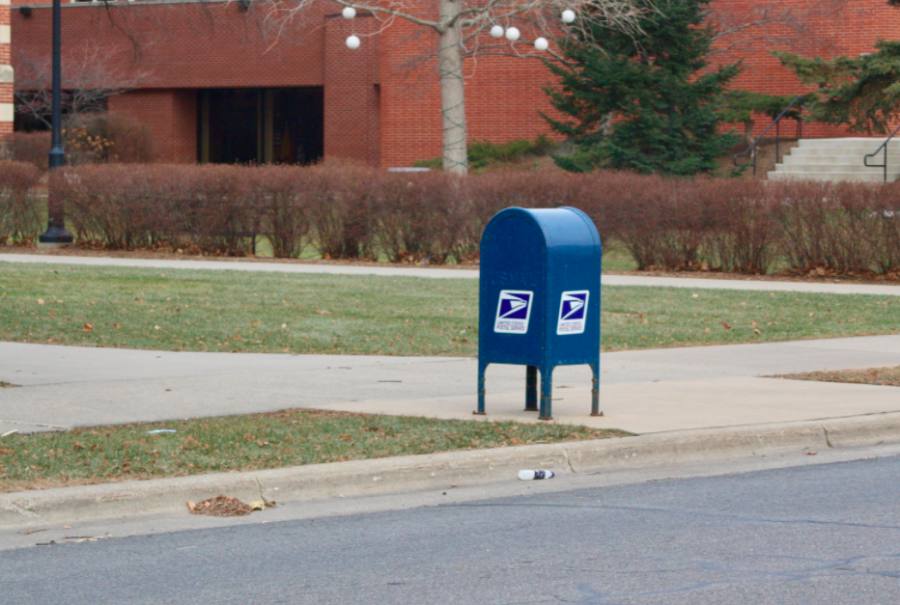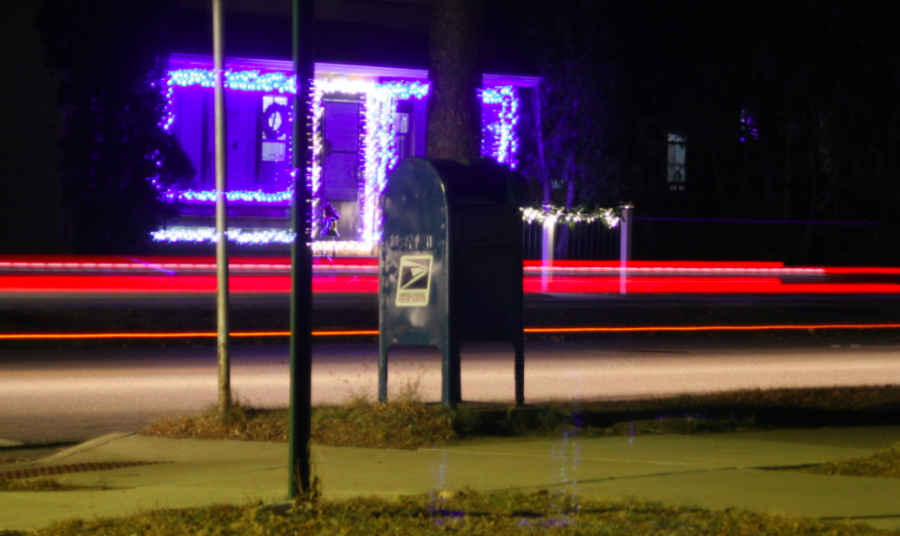Photo Series: La Crosse’s mailboxes
January 26, 2022
The initial invention of computers, in their original room-filling form, can be considered a pivotal invention for humankind. Over time, this technology shrunk and became more directed towards an everyday consumer. In the last two decades alone, companies like Apple and Microsoft have created phones, among other products, that have the power of those early computers but fit easily into your backpack or your pocket.
With access to these inventions, people have been able to combine many different parts and tasks of their life in order to make their lives easier. Taking pictures no longer takes an often expensive camera. People can open the camera app on their phones. If you want to send a message long distance, it doesn’t take some other service in order to get that message from point A to point B. All someone needs to do is call by telephone or even faster, text them.
While these innovations in technology have made life a lot easier for most of us, it has been difficult for some. For example, because of apps on phones that not only can take pictures but edit them as well, it makes physical photography, buying an expensive Canon camera, for instance, less of a critical step in photography. Why buy an expensive camera when you can buy a camera that can also edit photos and has access to the internet?
This can also be said about sending messages. Why do things like the United States Postal Service still exist if we can just send messages and important items back forth to each other through our new high-tech devices?
The argument about the necessity of certain services like the postal service and camera companies made somewhat obsolete by the innovation of technologies is becoming more and more apparent. Furthermore, this argument often displays itself in either the old or new forms of services and actions that people encounter in their lives from day-to-day. Public letter mailboxes are one of these types of forms.
Usually covered in blue paint, letter mailboxes are used to help deliver mail to places that might be difficult to reach in one day. Mailboxes are also responsible for helping with sending out important information, like bills, from one point to another. But again, why do you need the postal service, let alone mailboxes, if you can just easily send a message through easier means?
Michael Parker, a student at Moraine Park Technical College in West Bend, Wisconsin, remarks on his usage of mailboxes and the prevalence of them in his life by saying: “While I don’t use them very often, I still use them to mail bills to places.”
Parker’s perspective allots a different view about the significance of mailboxes. Mailboxes still hold some importance when it comes to the shipping of things like bills and packages because it is the safest and, in some cases, the easiest way to do it. It’s fair to assess that sending important and private documents through the internet is a risk some are not willing to take.
However, it’s fair to say that technology will change further in the coming years; possibly even leading to a better way to pay for and send things through the internet for all people. So, will this eventually make the letter mailbox completely useless?
Candace Anderson, a speech therapist at a local assisted living home in West Bend, Wisconsin, is someone who likes to use the United States Postal Service to her advantage. Whether, like Parker, sending paid bills or other documents to places or paying for a package to be sent to cross-country relatives, Anderson enjoys the mailing of things.
She says, “I have always liked receiving a letter. There is something about getting a letter, opening it, and sending one back that is just nice in a lot of ways. I don’t think mailing things will go out of style.”
The city of La Crosse is still paying tribute to the significance of mailboxes by maintaining their presence in our city. So, while research and logistics suggest that letter mailboxes seem to straddle the line of importance, it would be a mistake not to mention that people often still use them to their fullest extent.








